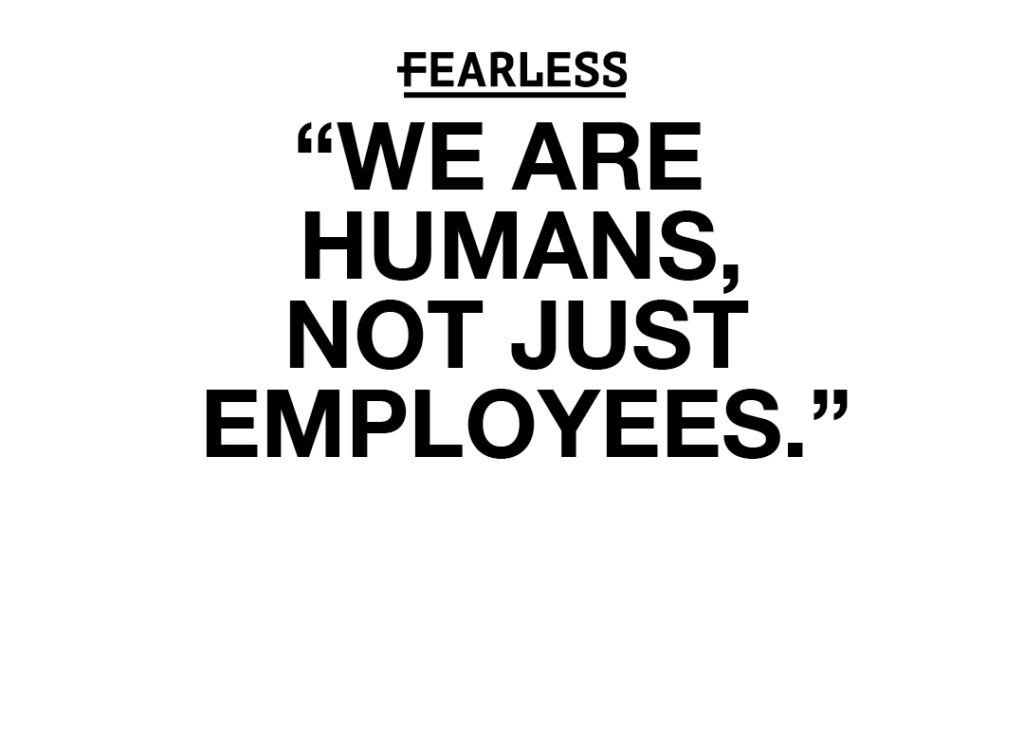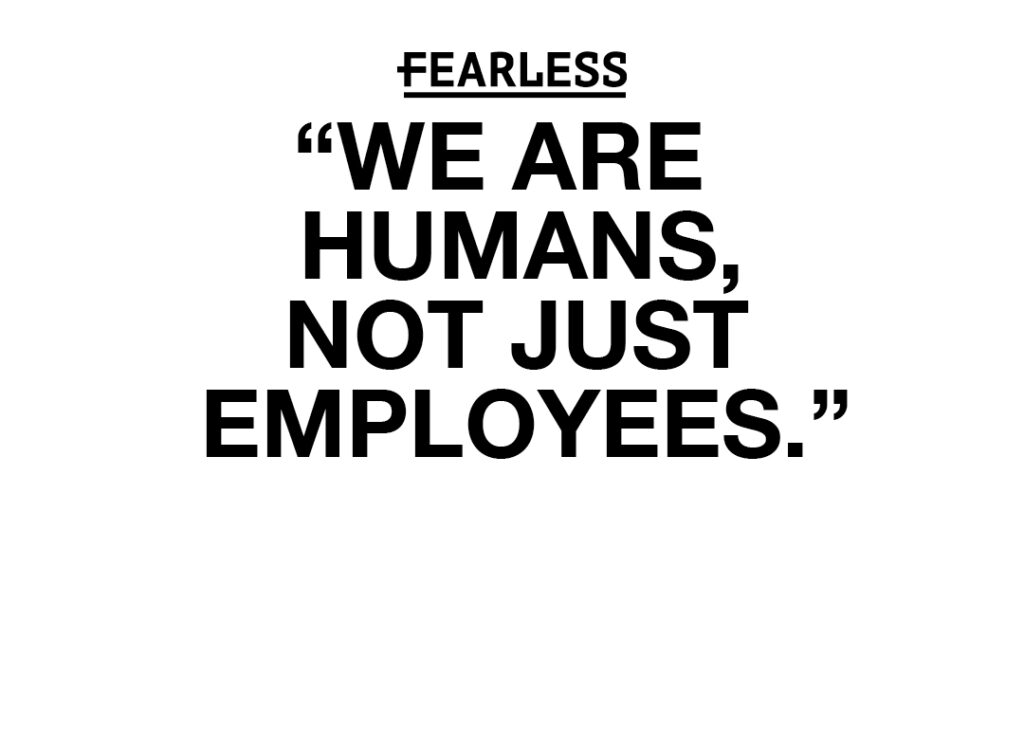Drawing young women to business
Iowa State University is increasing outreach, education efforts to increase female enrollment in the College of Business

MEGAN VERHELST Jan 9, 2015 | 12:00 pm
3 min read time
689 wordsBusiness Record Insider, Retail and BusinessIowa State University’s College of Business is trying to increase the number of women studying business.
About 35 percent of the college’s enrollment is female, a number that’s been static for the past five years, said David Spalding, dean of the College of Business.
Female enrollment in the college, which includes majors like accounting and finance, was approximately 10 percent higher 25 years ago. It slowly declined, a drop that’s in line with national statistics. Today’s national average of women in undergraduate business majors is about 44 percent.
Spalding said that percentage isn’t representative of what companies need.
“Businesses won’t be successful if they don’t have women wanting to work for them,” he said. “We have to make sure we are educating a broad range of people to increase these opportunities for businesses.”
When Spalding came to ISU in 2013, he looked at the number of male and female students enrolled in the College of Business. ISU is behind Iowa’s other public universities — women make up 41 percent of business students at University of Iowa and 38 percent at University of Northern Iowa.
One cause for the gender skew in ISU’s College of Business is the university’s prestigious College of Engineering.
“We’re known for our engineering program, and the gender makeup of that is 85 percent male,” Spalding said. “It’s a tough program. Sometimes, males will leave that program, and business is the next logical step for them.”
Three years ago, the college started the Young Women in Business conference as a way to try to attract young women by inviting high school students from Iowa and surrounding states. More than 75 young women participated in the event’s first year. Since then, the business conference has grown to more than 300 participants per conference.
Kayla Sander, a senior lecturer in accounting, and Emily Kohnke, an assistant professor of supply chain management, organize the conference.
The conference allows young women to explore majors in business, learn about career opportunities, hear from professionals working in the field and meet with faculty to ask questions. The college is hoping eventually to expand the October event by adding a spring conference.
Spalding said the conference has helped increase the College of Business’ visibility on campus and throughout the state. It also has helped the college maintain its percentage of female students, but it hasn’t yet helped lift that number.
The college has stepped up its game in the past five months, Spalding said, hiring Sarah Adams as director of international programs, and asking her to spend half her time trying to recruit young women to pursue business careers.
“One of the answers to that problem is the need to better explain opportunities to them,” Spalding said. “Some of the country’s largest companies have a workforce of more than 50 percent women, and we have to help girls make that connection and get the education they need to help prepare them for those opportunities.”
Members of the admissions staff also are making a point to spread the word about the College of Business and Young Women in Business conference at high school college recruiting events.
Targeting existing female ISU students is especially important, Spalding said.
“Converting them to business students is easier than convincing them to apply to ISU in the first place,” he said. “Our total student body population is up 15 percent; we’re just not seeing that in the business school.”
The college has set a goal to achieve gender parity in the college in five years. Spalding said his staff will do more research about why women aren’t choosing business as a career and what they’re choosing instead.
Meanwhile, he said, outreach and education efforts are less about achieving diversity in the school and more about the college doing a better job preparing both genders for the future.
“Businesses have shown they are focused on employing the best possible workers, men or women,” Spalding said, “and it’s important for us to educate future women business leaders as well as men.”
Female enrollment by the numbers
ISU College of Business
2009: 1,266
2010: 1,182
2011: 1,175
2012: 1,188
2013: 1,312









